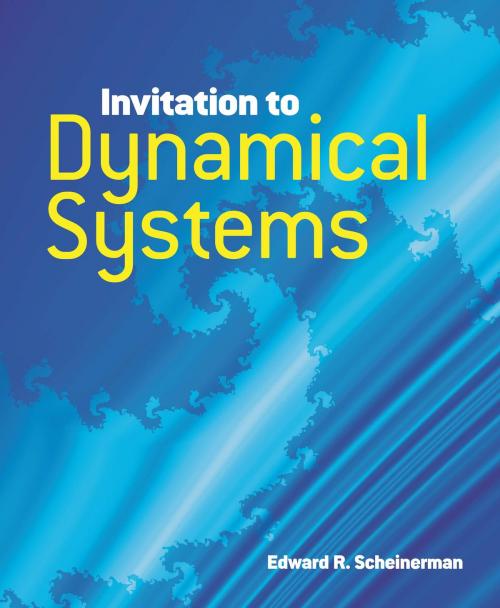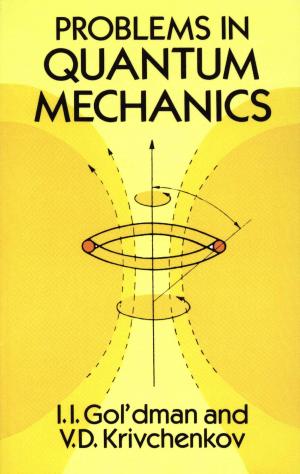| Author: | Prof. Edward R. Scheinerman | ISBN: | 9780486275321 |
| Publisher: | Dover Publications | Publication: | May 13, 2013 |
| Imprint: | Dover Publications | Language: | English |
| Author: | Prof. Edward R. Scheinerman |
| ISBN: | 9780486275321 |
| Publisher: | Dover Publications |
| Publication: | May 13, 2013 |
| Imprint: | Dover Publications |
| Language: | English |
Designed for those wishing to study mathematics beyond linear algebra but unready for abstract material, this "invitation" to the excitement of dynamical systems appeals to readers from a wide range of backgrounds. Rather than taking a theorem-proof-corollary-remark approach, it stresses geometry and intuition. Topics include both the classical theory of linear systems and the modern theory of nonlinear and chaotic systems as well as bifurcation, symbolic dynamics, fractals, and complex systems.
In addition to offering a unified presentation of continuous and discrete time systems, this treatment integrates computing comfortably into the text. Appendixes feature important background material, including a gentle introduction to differential equations and explanations of how to write MATLAB, Mathematica, and C programs to compute dynamical systems. Prerequisites for advanced undergraduates and graduate students include two semesters of calculus and one semester of linear algebra.
Designed for those wishing to study mathematics beyond linear algebra but unready for abstract material, this "invitation" to the excitement of dynamical systems appeals to readers from a wide range of backgrounds. Rather than taking a theorem-proof-corollary-remark approach, it stresses geometry and intuition. Topics include both the classical theory of linear systems and the modern theory of nonlinear and chaotic systems as well as bifurcation, symbolic dynamics, fractals, and complex systems.
In addition to offering a unified presentation of continuous and discrete time systems, this treatment integrates computing comfortably into the text. Appendixes feature important background material, including a gentle introduction to differential equations and explanations of how to write MATLAB, Mathematica, and C programs to compute dynamical systems. Prerequisites for advanced undergraduates and graduate students include two semesters of calculus and one semester of linear algebra.















